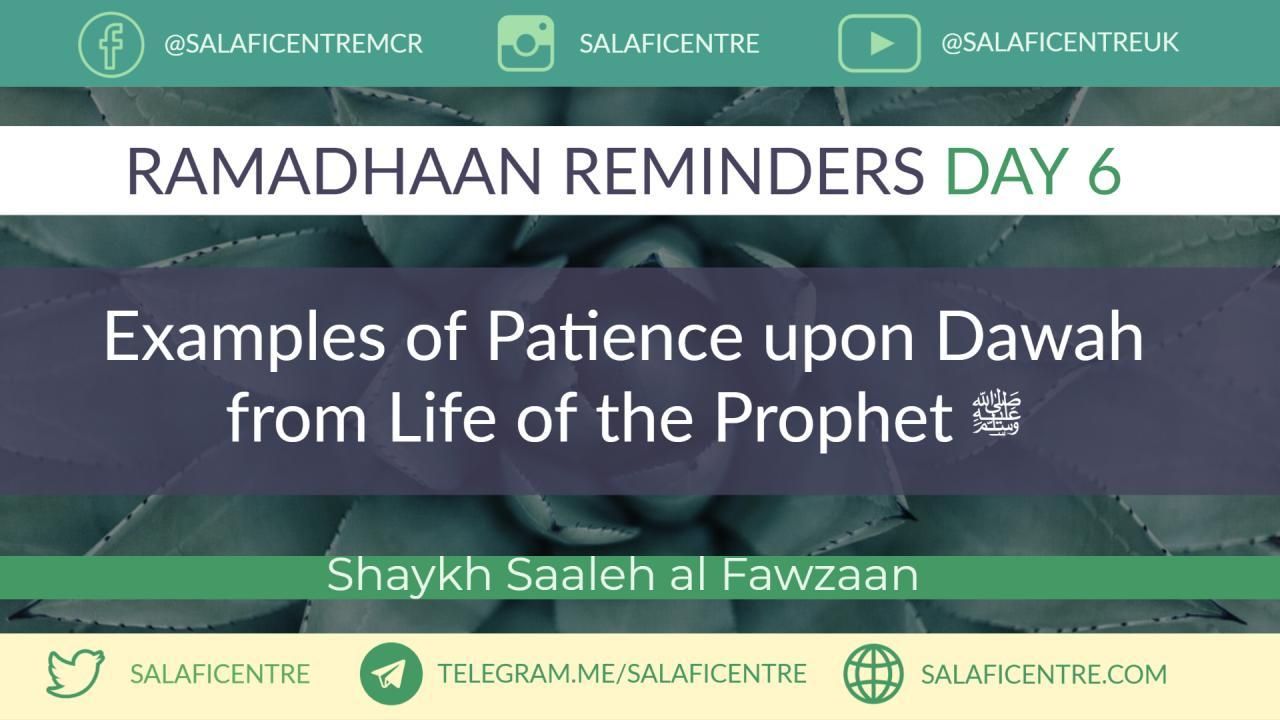Beneficial Advice by Shaykh Ahmad Az-Zahrānī, may Allah preserve him
Beneficial Advice By Shaikh Ahmad az-Zahrani – in person – may Allah preserve him, during the recent Umrah trip with Ustadh Abdul Hakim Mitchell and some brothers from Manchester, may Allah preserve them all. Amin
All praise is due to Allāh, the Lord of all Creation. May the peace and blessings of Allāh be upon our Noble Prophet Muhammad ﷺ, His Family, His Companions and all those who follow him correctly until the establishment of the Hour.
Alhamdulillāh, during the course of our ʿUmrah trip, Allah allowed us to visit Shaykh Ahmad Zahrani حفظه الله on Sunday 7th September — after Maghrib — at his masjid, Jāmiʿ Bin ʿUbayd in Makkah.
Shaykh Ahmad حفظه الله تعالى began with praise of Allah سبحانه وتعالى and sending salutations upon the Prophet ﷺ. He then gave specific advice for those in the West as well as general advice to the brothers present. The following is a paraphrased transcription of the advice of the Shaykh, may Allah preserve him:
On Hijrah
“My advice, first for myself and then for you, is that we must hold firmly to the Book of Allah and the authentic Sunnah of the Messenger of Allah ﷺ, upon the understanding of the Salaf as-Salih in every aspect of our lives.
It is a duty upon you to strive to leave the lands of disbelief and migrate to the lands of the Muslims. Remaining in the West brings with it numerous harms: to your religion, your worldly life, your family affairs, your social standing, your finances, and even your mental wellbeing.
The Prophet ﷺ warned against residing in the lands of the disbelievers, except in cases of genuine necessity. And necessity is defined according to its precise limits, not according to our own desires. Do not let Shaytān deceive you into thinking you are in a state of necessity when you are not.
So, beware of Shaytān’s whispers and tricks in this matter, and exhaust every possible means to make Hijrah. Look at those who have already migrated to the Muslim lands: their condition, in truth, is far better than those who stayed behind.
Even if you think they are worse off materially, often their financial situation is in fact no less than yours — and the blessing they have is far greater: the ability to establish the rituals of Islam openly and with ease.
Do not be deceived by the wealth, opportunities and glitter of Europe or elsewhere. Do not say: “I am comfortable here while those who migrated are struggling.” You do not know — perhaps their condition is better than yours in every sense, including financially.
What is certain is that the religious comfort and social ease of being among Muslims, practising your deen without obstruction, is worth far more than wealth or status in the West.
Matters such as trade, study, or official positions of necessity (like an ambassador or minister) can fall under the category of necessities that permit prohibitions. But if it is not a genuine necessity, the ruling does not change. This is the summary of my advice, and Allah knows best.
General Advice
1. First Advice
It is upon us to adhere firmly to the Book of Allah and the authentic Sunnah of the Messenger ﷺ, upon the way of the Salaf in both speech and action.
2. Second Advice
Commit yourselves to seeking knowledge of the Shariah — knowledge of the Qur’an and Sunnah. Take knowledge from the senior scholars who are firmly grounded in this path.
Read the books that provide you with a strong basis and a clear foundation in Islamic knowledge. Begin with the smaller, more essential treatises before moving on to the larger works.
Knowledge must be taken step by step. Among the important works of this time are:
- The Four Principles
- The Three Fundamental Principles
- The Six Fundamental Principles
- Removal of the Doubts
- The Ten Nullifiers of Islam
- The Book of Tawheed
All of these are from the writings of Shaykh al-Islam Muhammad ibn ʿAbdul-Wahhab رحمه الله.
Most of these works have already been translated into English by Maktabah Salafiyyah, so they are accessible. Read them, and consult your mashāyikh at Maktabah Salafiyyah about which books are most appropriate for your level of knowledge.
The Prophet ﷺ said: “The blessing is with your elders.”
These mashāyikh with you are from your elders, inshā’Allāh. With them is goodness. They are students of the senior scholars, known to the senior scholars, praised by them, and their fruits are apparent — all praise belongs to Allah. So ask them what is suitable for your level.
For example, if someone is a university-level student, like Ustādh Abdul Hakeem, it would not be suitable to give him a beginner’s book. He should move to a more advanced text. On the other hand, a beginner should not be given Kitab at-Tawheed straight away. Rather, he should start with something smaller — such as The Four Principles — to establish the foundation of his creed.
Knowledge is taken step by step, level by level. Who determines what suits each person? It is your mashāyikh who are with you.
3. Third Advice
Adorn yourselves with noble character and virtuous manners. This is part of cultivating our own souls and being examples for others — our brothers, our children, our families, and the wider community. Do this sincerely for the sake of Allah, not to seek praise, recognition or reputation.
4. Fourth Advice
Stay away from trials and tribulations. Stay away from them in every form of communication. Instead, busy yourselves with that which truly matters in your day and in your night.
And if something happens to you from the affairs of trials or difficulties, then ask your teachers. You have with you Shaykhs Abu Khadeejah, Abdulilah Lahmami, Uways, and other teachers whom I know. Many of them I know personally.
إن هذا العلم دين فانظروا عن من تأخذون دينكم
“Indeed, this knowledge is religion, so look from whom you take your religion.”
Do not take your religion from just anyone who comes and goes. When you buy a car, you ask questions, you check details, you consult several people until you are confident in what you are buying. If this is the care you take in worldly matters, how much more should you take in the matter of your religion?
The Messenger of Allah ﷺ said: “Let each of you look at whom he befriends. A person is upon the religion of his companion. A person will be raised with the one he loves.”
It may happen that someone takes knowledge from a person of innovation, a person of deviation, or one who is known for trials and problems.
Without consulting the senior brothers, you may attach your heart to him, begin to love him, and then defend him against any criticism — even when he is clearly mistaken. This is following desires, and we seek refuge with Allah from that.
Therefore, O servant of Allah, be diligent in taking knowledge from the right people: those known for the Sunnah, firm upon it, consistent, and not known for tribulations or deviations.
5. Fifth Advice
Lastly, I advise you to take yourselves to account seriously regarding your remaining in the lands of disbelief. Strive to make Hijrah, O brothers. The situation today is not like it was in the past. The situation today is not like it before. Matters have become far more dangerous. The pressures and harms upon Muslims in these lands have only increased.
Now they are even making it obligatory upon children to adopt practices and mannerisms that are completely evil — and you know exactly what is meant by this.
I ask Allah to grant me and you success in all goodness. This will suffice for now. May the peace and blessings of Allah be upon our Prophet Muhammad, his family, and his companions. Jazakum Allāhu Khayran.




